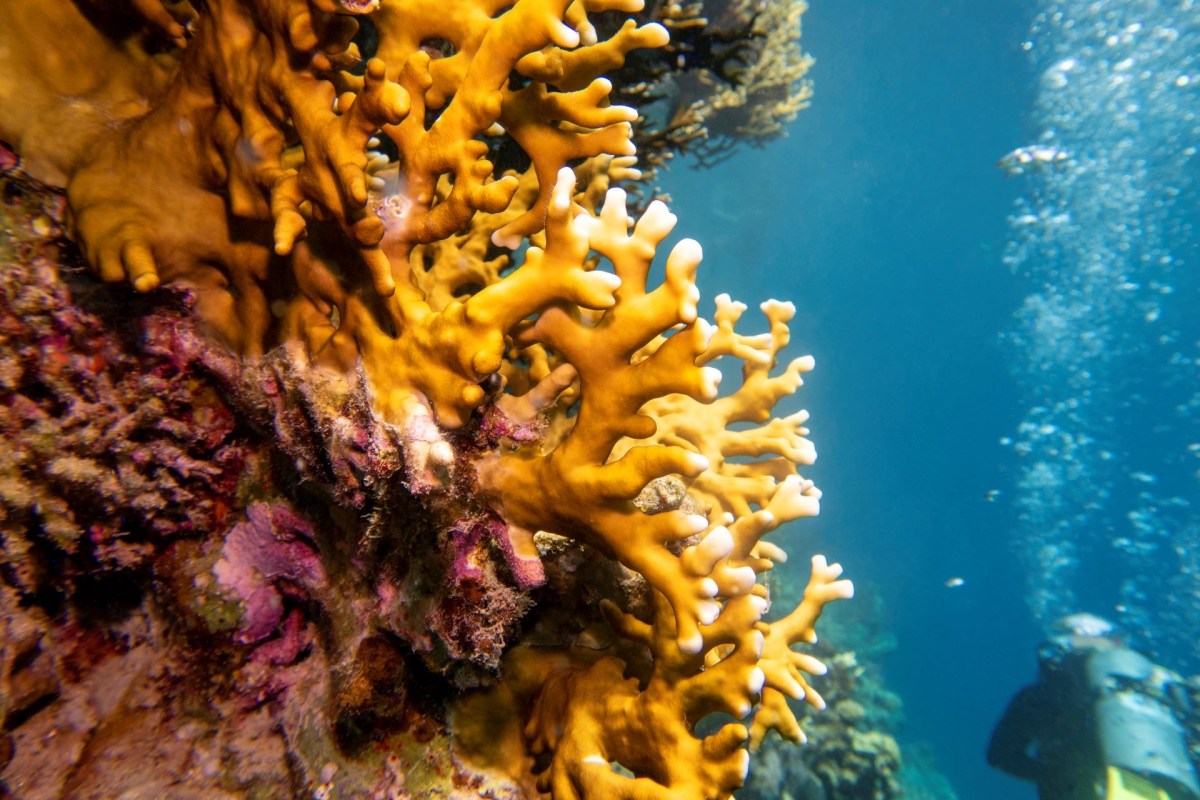Coral reefs support marine life and provide vital protection from storms and erosion — and now a group of "smart reefs" off the South Carolina coast are providing similar benefits while also giving researchers information about the ocean that has previously been very difficult to obtain.
Frequent flooding along the coast prompted Governor Henry McMaster to establish the South Carolina Floodwater Commission (SCFWC). The goal of the commission is to identify and implement short-term and long-term recommendations to alleviate and mitigate flood impacts on the state.
The SCFWC partnered with Coastal Carolina University in 2020 to start work on the Smart Reef Initiative, which would deploy numerous artificial reefs and scientific instrumentation. Then, in July 2022, a team installed three artificial reef systems along the South Carolina coast.
There were already more than 40 artificial reefs along the state's coast, including ones made of old vehicles, boats, and even army tanks.
But the recently-added Smart Reefs are comprised of modular blocks and are designed to look more like natural reefs.
What makes these reefs "smart" is the addition of instrumentation buoys with satellite communication capabilities to record wave, water temperature, and wind data — which will then be sent to a public website that is updated every hour, giving sailors and others a live look at current conditions.
The data will play a vital role in protecting the coastal state from storm surges and rising sea levels, as well as provide better information for weather modeling and forecasting.
"This artificial reef is being done for the technology that will be on it, but also to begin to slow the impacts of amplified global climate change," environmental expert Tom Mullikan explained in a video featuring the project.
Mullikan is the chairman of the SCFWC and one of many conservative politicians leading the charge to reduce the impact of extreme weather on the Palmetto State.
A report from the Pew Research Center that came out around the same time as the Smart Reef deployment shows that a large percentage of young people are highly supportive of climate policies like the artificial reef project — regardless of their political ideology.
"The issue was never really 'Is the climate changing?' because the climate is always changing," Mullikan said. "The issue was to what degree have man's actions amplified the global climatic change, and to what degree can we make a difference."
Join our free newsletter for cool news and cool tips that make it easy to help yourself while helping the planet.









